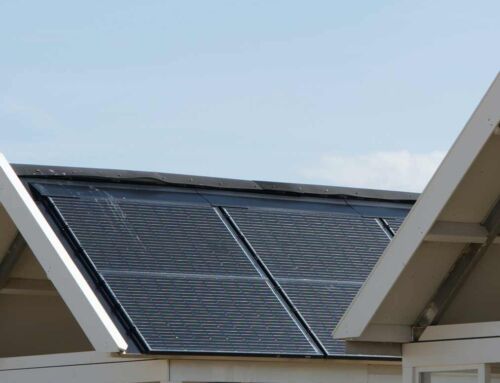The Era of Affordable Green Energy
In an era of rising energy costs and increasing environmental concerns, embracing renewable energy sources is not only an ethical choice but also a smart financial decision. Renewable energy technologies have advanced significantly, making them more accessible and cost-effective than ever before. By transitioning to renewable energy, you can not only reduce your carbon footprint but also cut down on your energy expenses. In this blog post, we will explore how adopting renewable energy can help you reduce costs while contributing to a sustainable future.
1. Lower Energy Bills
One of the most significant advantages of renewable energy is its potential to significantly reduce your energy bills. Renewable energy sources such as solar power, wind energy, and geothermal systems can generate electricity or heat for your home or business, reducing or even eliminating your reliance on grid-provided energy. With renewable energy systems in place, you can generate clean power on-site, leading to substantial savings over the long term.
Note: Quest Solar offers free consultations on solar installations. Please contact us today to learn more.
Green energy has become significantly more affordable due to falling costs of renewable technologies, increased efficiency and performance, economies of scale, technological innovation, and policy support, making it a viable and cost-effective alternative to traditional energy sources.

2. Financial Incentives and Tax Credits
Governments and utility companies worldwide are recognizing the importance of transitioning to renewable energy. As a result, various financial incentives and tax credits are available to support individuals and businesses in adopting renewable energy technologies. These incentives can help offset the initial installation costs, making renewable energy systems more affordable and accelerating the payback period. Research local and federal programs to take advantage of these financial benefits and reduce the upfront costs of renewable energy adoption.
3. Net Metering and Feed-in Tariffs
Net metering and feed-in tariff programs allow you to sell excess energy generated by your renewable energy system back to the grid. Under net metering, any surplus electricity your system produces is fed into the grid, and you receive credits that offset your energy consumption during times when your system isn’t generating enough power. Feed-in tariffs, on the other hand, provide a fixed payment for the energy you feed into the grid. Both programs enable you to reduce costs further by effectively monetizing the excess energy your renewable energy system generates.
4. Reduced Maintenance and Operational Costs
Renewable energy systems, such as solar panels and wind turbines, require minimal maintenance compared to traditional energy infrastructure. Once installed, these systems typically have long lifespans and low maintenance requirements. This translates to reduced maintenance and operational costs over time, saving you money compared to fossil fuel-based energy systems that often require frequent repairs and expensive maintenance.
5. Energy Independence and Price Stability
Relying on renewable energy sources offers greater energy independence and protection against fluctuating energy prices. Unlike fossil fuel-based energy, which is subject to price volatility influenced by global markets and geopolitical factors, renewable energy systems provide stable and predictable energy costs. By generating your electricity or heat from renewable sources, you can shield yourself from future price hikes and have greater control over your energy budget.
6. Sustainable Business Practices and Public Image
Embracing renewable energy not only reduces costs but also enhances your business’s public image. In today’s environmentally conscious market, consumers and stakeholders increasingly value companies that prioritize sustainability and carbon neutrality. By adopting renewable energy technologies, you demonstrate your commitment to environmental responsibility, which can attract customers, investors, and like-minded partners who share your values.
Conclusion
Reducing costs with renewable energy is a win-win situation for both your wallet and the environment. By transitioning to renewable energy sources, you can lower your energy bills, take advantage of financial incentives and tax credits, participate in net metering or feed-in tariff programs, and enjoy reduced maintenance and operational costs. Additionally, embracing renewable energy demonstrates your commitment to sustainable practices, enhancing your business’s reputation. Embrace the power of renewable energy and join the movement towards a cleaner, more cost-effective, and sustainable future.




